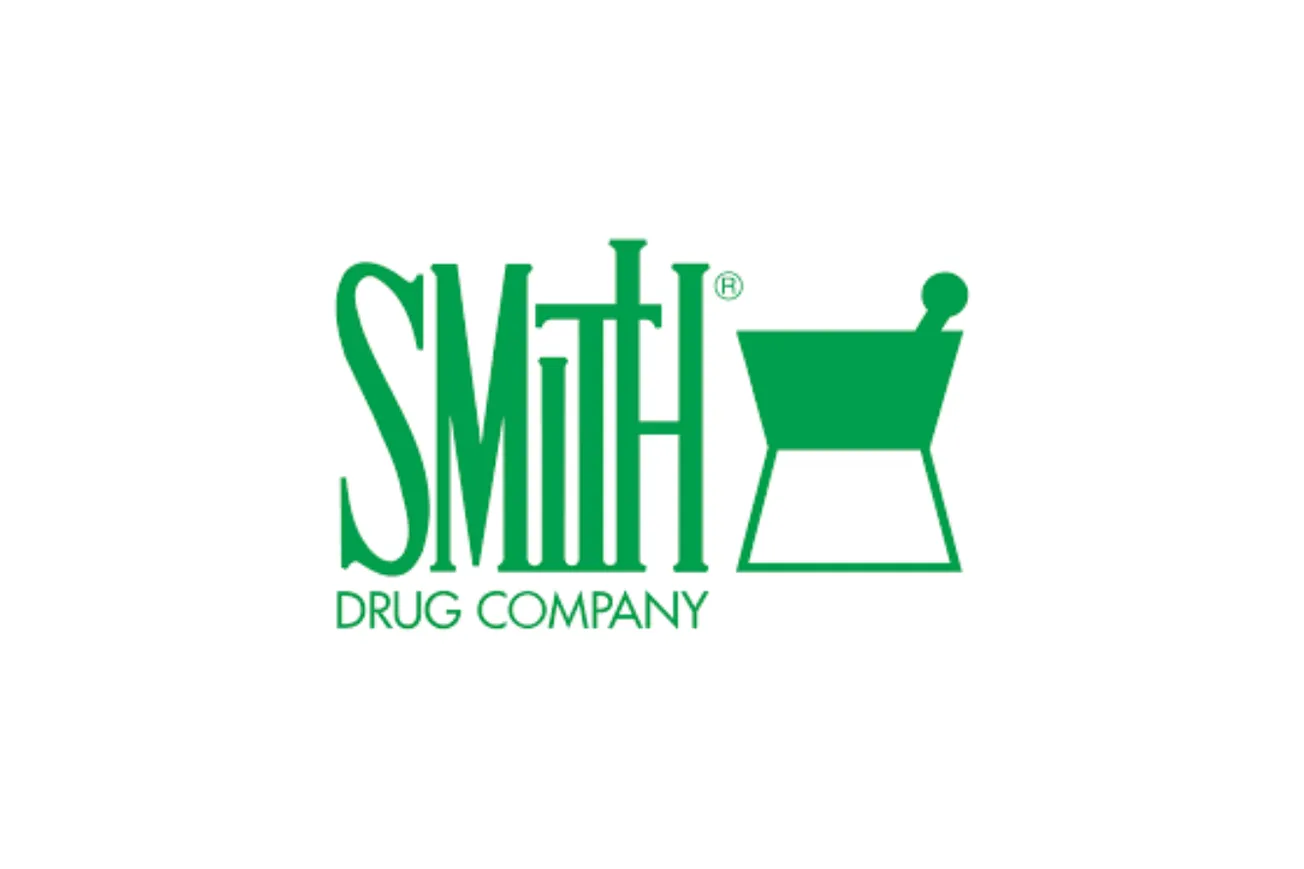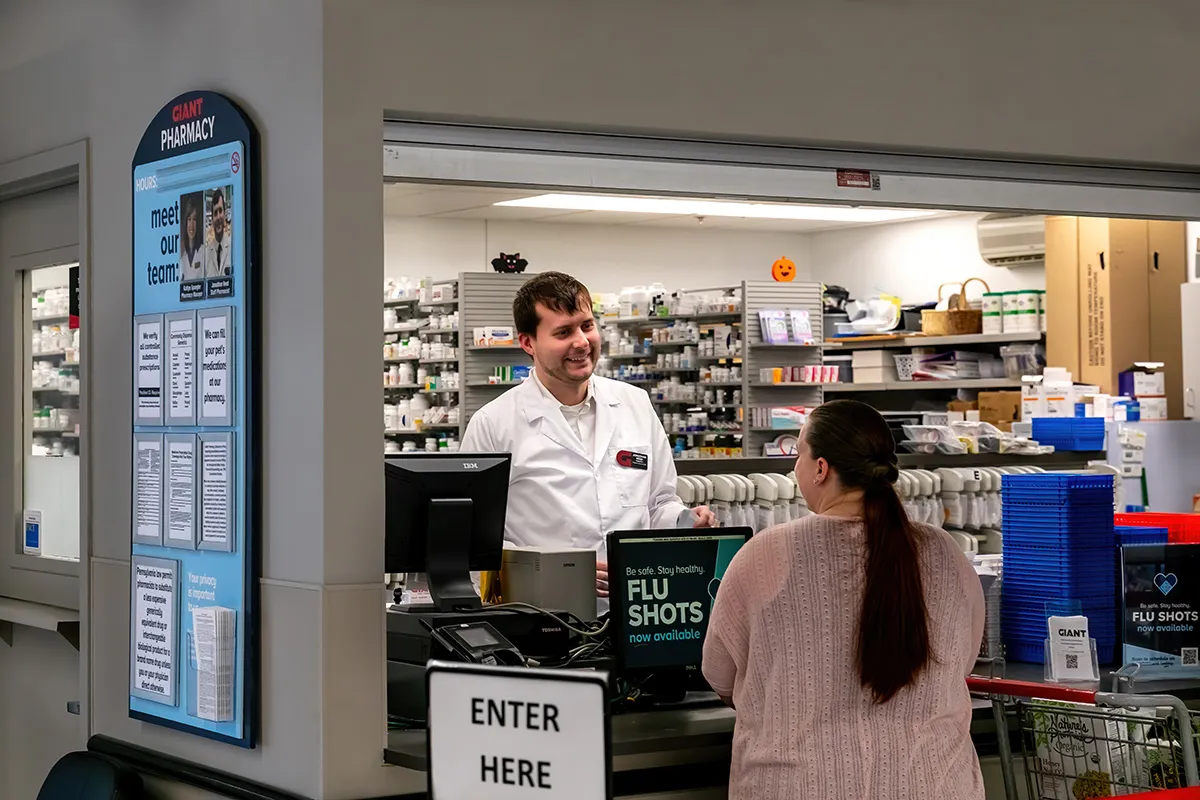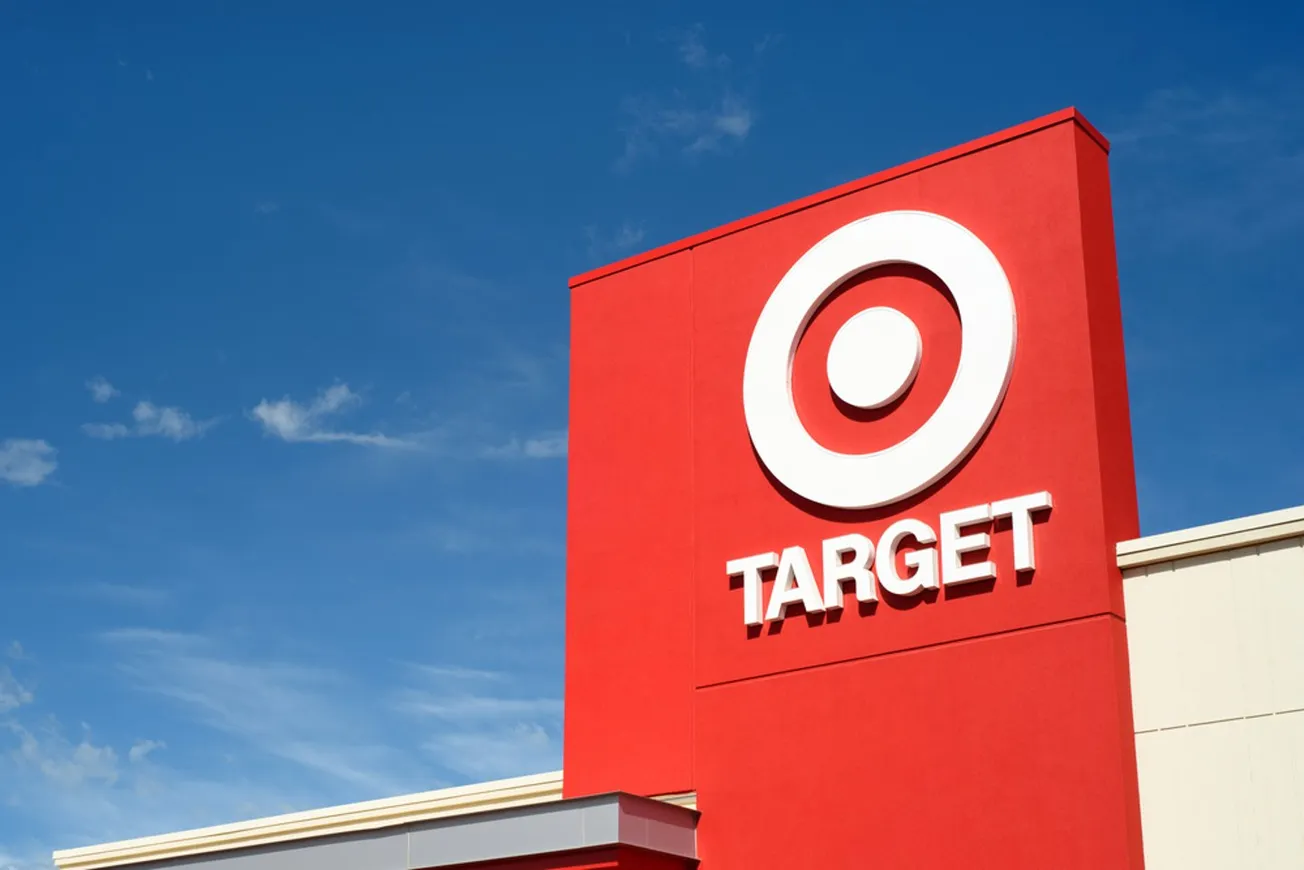DEERFIELD, Ill. – A recent study evaluating the use of hematological oral oncolytics in cancer patients demonstrated that patients who were adherent to their oral cancer medications were more likely to have fewer hospital visits, shorter hospital stays and lower overall medical costs, compared to those who did not adhere to their medication regimen. Walgreens, conducted the retrospective cohort study.
Oral oncolytics are cancer medications self-administered in pill form at home rather than intravenously in a clinic or hospital setting. They are used to slow the growth of cancer or kill cancer cells.[1] Walgreens Connected Care© Oncology (CC-ONC) is a patient-centered clinical program that includes a set of 21 unique oral hematological oncolytics for affected cancer patients and is designed to help patients adhere to therapy.
“There was a particular interest in understanding Walgreens CC-ONC impact on patients who consistently take their medications and have better health outcomes and lower medical costs when compared to non-Walgreens patients in the marketplace,” says Khadijah Khan, CPhT, Therapy Lead, Clinical Pharmacy Strategy – Oncology at Walgreens, and an author of the study.
Francis Staskon, PhD, Principal Analyst, Health Analytics, Research and Reporting at Walgreens, and lead author of the research said the study analyzed data from patients using oral cancer medications in 2022. It compared patients who stayed on their medication regimens with those who did not, focusing on hospital visits, length of hospital stays, and total medical costs. “We used data from a large de-identified, non-Walgreens commercial claims database to predict these outcomes for patients who discontinue therapy versus those who persist on them,” said Dr. Staskon.
The sample selection required at least two fills of targeted medication from the 2022 files with a primary cancer diagnosis code in medical files for 2021 or 2022, be continuously enrolled, and aged from 18-64 years. A total of 4,312 patients in 2022 met sample criteria, with 72.2% adherent.
“When considering the difference in hospital admissions rate and length of stay when admitted, the predicted inpatient medical spend for the nonadherent patients was higher by $22,691 per member per year (PMPY), ” said Dr. Staskon. “While predicted outcomes found the adherent group had significantly higher oncolytics costs than discontinued group given they utilized more medication, they had significantly lower medical costs. Combined modeled total costs trended lower for the adherent cohort and remained a robust savings in the economic analysis due to a large savings for inpatient costs.”
Study authors feel the research highlights the importance of supporting cancer patients in adhering to their medication regimens. “It underscores the need for comprehensive support systems, including patient education, adherence monitoring, and collaboration between healthcare providers, insurers, and pharmaceutical companies. Hence, the clinical management as offered in Walgreens CC-ONC is designed to help cancer patients retain adherence and impact these lower costs,” says Khan. “By prioritizing adherence, we can improve patient outcomes and reduce healthcare costs. This means an improved quality of life for cancer patients.”
Researchers presented the above findings Wednesday, October 16, 2024, at the AMCP Nexus 2024 in Las Vegas, Nev. Download the poster PDF.








